IRS Dirty Dozen 3 – Identity Theft

Despite Major Progress, Identity Theft Still on IRS ‘Dirty Dozen’ Tax Scams List
Tax-related identity theft occurs when someone uses a stolen Social Security number or Individual Taxpayer Identification Number (ITIN) to file a fraudulent tax return claiming a refund.
The IRS, the states and the tax industry began working together in 2015 as the Security Summit to fight tax-related identity theft. Security Summit partners enacted a series of safeguards that are making inroads against identity thieves.
For example, the number of taxpayers reporting themselves as identity theft victims declined by 40 percent in 2017 from 2016. In 2017, the IRS received 242,000 reports from taxpayers compared to 401,000 in 2016. This was the second year in a row this number fell, dropping from 677,000 victim reports in 2015. Overall, the number of identity theft victims has fallen nearly 65 percent between 2015 and 2017.
Because of these successes, criminals are devising more creative ways to steal more in-depth personal information to impersonate taxpayers. Taxpayers and tax professionals must remain vigilant to the various scams and schemes used for data thefts.
Business filers should be aware that cybercriminals also file fraudulent Forms 1120 using stolen business identities and they, too, should be alert.
Remember: Protect personal data. Don’t routinely carry a Social Security card, and make sure tax records are secure. Treat personal information like cash; don’t leave it lying around.








